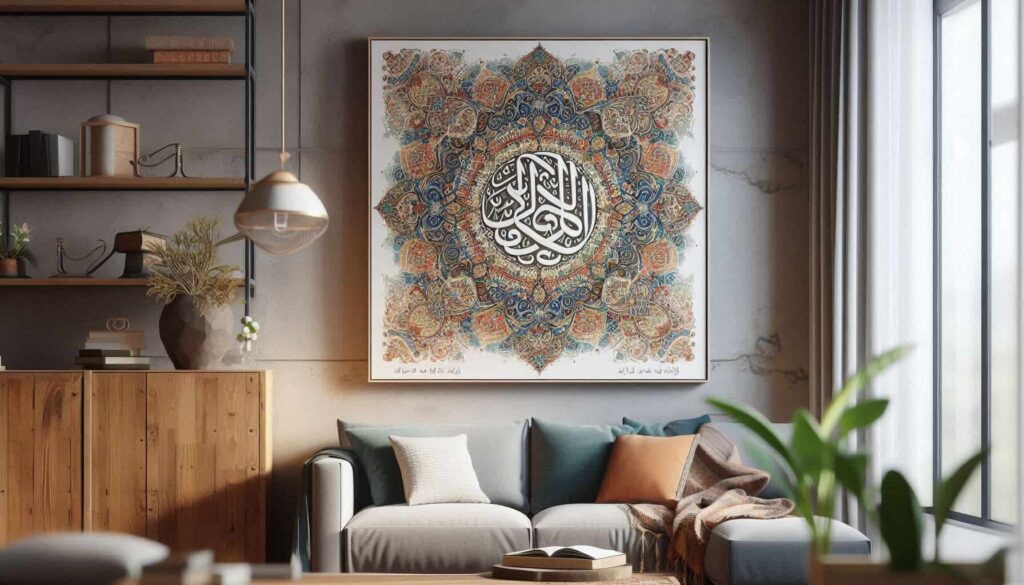arabic culture facts is rich in history, traditions, and social values that influence daily life. By understanding these aspects, anyone learning the language can feel more connected, confident, and proud of their achievements. Learning Arabic can open doors not only to meaningful conversations but also to deep personal relationships and business opportunities with Arabic speakers.
In this article, we’ll highlight important facts about Arabic culture that every learner should know and show you how our online learning methods will help you become fluent while embracing the culture.

Key Facts About Arabic Culture
1. Family is Central to Social Life
Family holds a place of great importance in Arabic culture. Whether it’s large extended families gathering for celebrations or immediate families sharing daily meals, the value of family connections can’t be overstated. This strong sense of family often extends into the broader community, influencing how people interact with one another.
2. Hospitality is Sacred
Arabs are known for their hospitality. Inviting guests into their homes and offering them food, tea, or coffee is common in Arab households. If you visit the Middle East, you’ll notice that guests are treated with the utmost respect. Learning Arabic can help you navigate these interactions more comfortably, deepening your connections with native speakers.
3. Respect for Elders
Respecting elders is a significant part of Arabic culture. Elders are often looked to for guidance and wisdom, and they are treated with deep respect. When learning Arabic, understanding the nuances of this cultural norm will help you navigate conversations in a way that is polite and appropriate. arabic culture facts
4. Islam’s Influence on Daily Life
Islam plays a major role in shaping the values, customs, and holidays observed in many Arabic-speaking countries. From the importance of daily prayers to the holy month of Ramadan, understanding these religious practices can help you feel more connected to the people you communicate with. arabic culture facts
5. Arabic Coffee Traditions
Coffee, or “qahwa,” has deep cultural significance in Arabic society. It’s more than just a drink; it represents hospitality, generosity, and conversation. Often served in a ritualistic manner, Arabic coffee is usually presented to guests in small cups, reflecting the warmth and care that hosts want to show.
Benefits of Learning Arabic Online with Us
Learning Arabic goes beyond mastering grammar and vocabulary—it’s about truly connecting with the culture. Here’s how our academy makes it easier for you to understand Arabic culture while mastering the language:
- Tailored Lessons: Our lessons are designed to integrate cultural facts, so you’re not only learning the language but also the traditions and values that shape how it’s used.
- Interactive Tools: We offer immersive tools that simulate real-life situations, making you feel like you’re part of the conversation even from a distance. arabic culture facts
- Cultural Insights: Our courses include discussions about Arabic customs, social interactions, and etiquette, preparing you to confidently speak with native Arabic speakers.
- Flexibility: Whether you’re looking for a conversation-focused course or an all-around cultural immersion experience, our online learning options are flexible and designed to fit into your schedule.
Common Questions about Arabic Culture
Q: Is it important to learn about Arabic culture when studying the language?
A: Absolutely! Arabic culture and the language are deeply intertwined. Understanding cultural contexts will help you better navigate conversations and make your language skills feel more natural and authentic.
Q: How can understanding Arabic culture make learning the language easier?
A: When you understand the customs and traditions of the people you’re speaking with, you feel more connected. This can give you a greater sense of purpose and motivation as you learn. You’ll also be more attuned to the nuances of how language is used in social situations.
Q: What role does body language play in Arabic culture?
A: Body language is an important part of communication in Arabic culture. Gestures, eye contact, and physical proximity all have specific meanings. Understanding this non-verbal communication can significantly enhance your conversations with Arabic speakers.

Contact us now to get everything you want
Learning Arabic is a gateway to a rich cultural experience, allowing you to connect with people on a deeper level. By understanding key cultural values, such as the importance of family, hospitality, and respect, you’ll feel more confident in your interactions with native speakers. At our academy, we offer the best Arabic language programs designed to teach not only the language but also the cultural nuances that make communication meaningful.




Pingback: Discover the Heart of Arabic Family Traditions: A Journey into Culture, Connection, and Heritage -